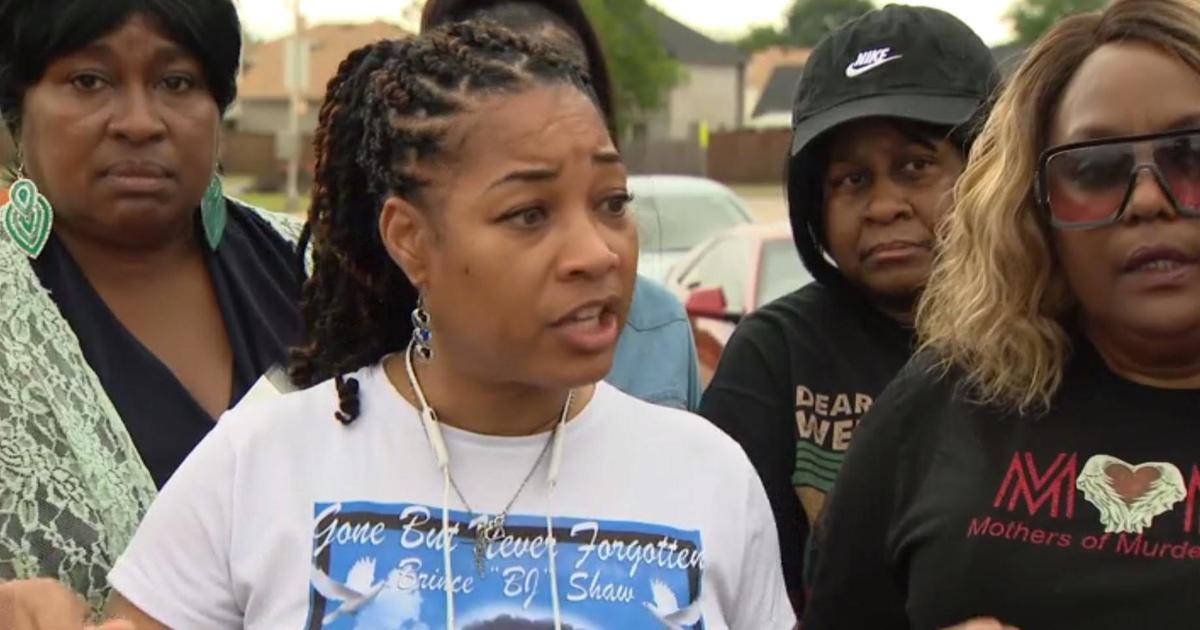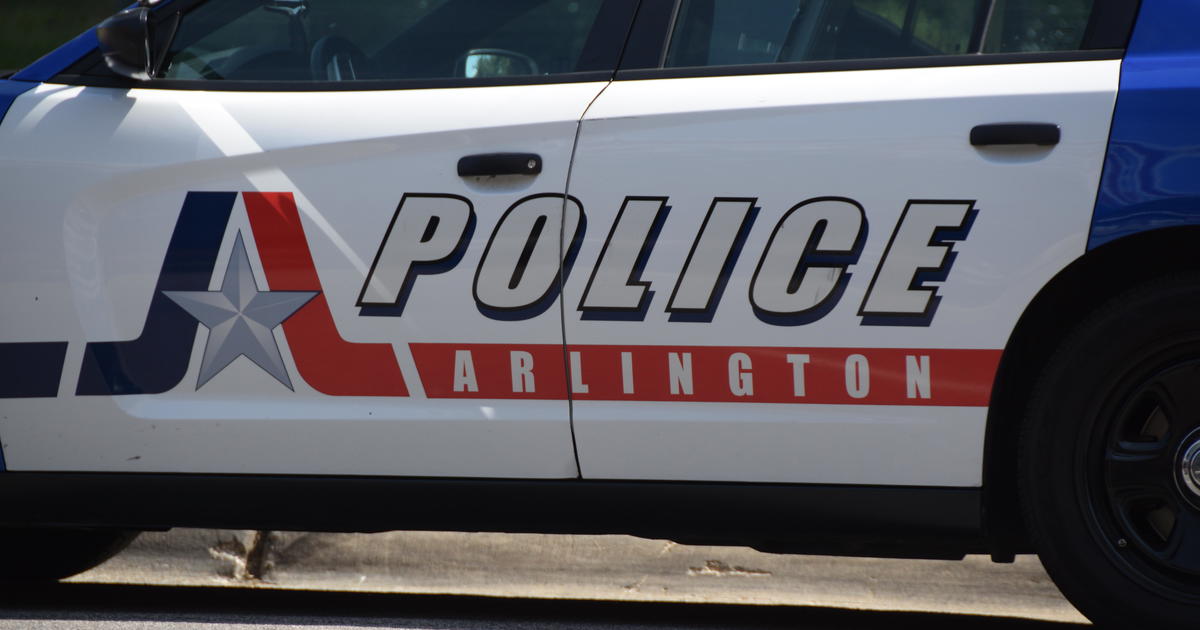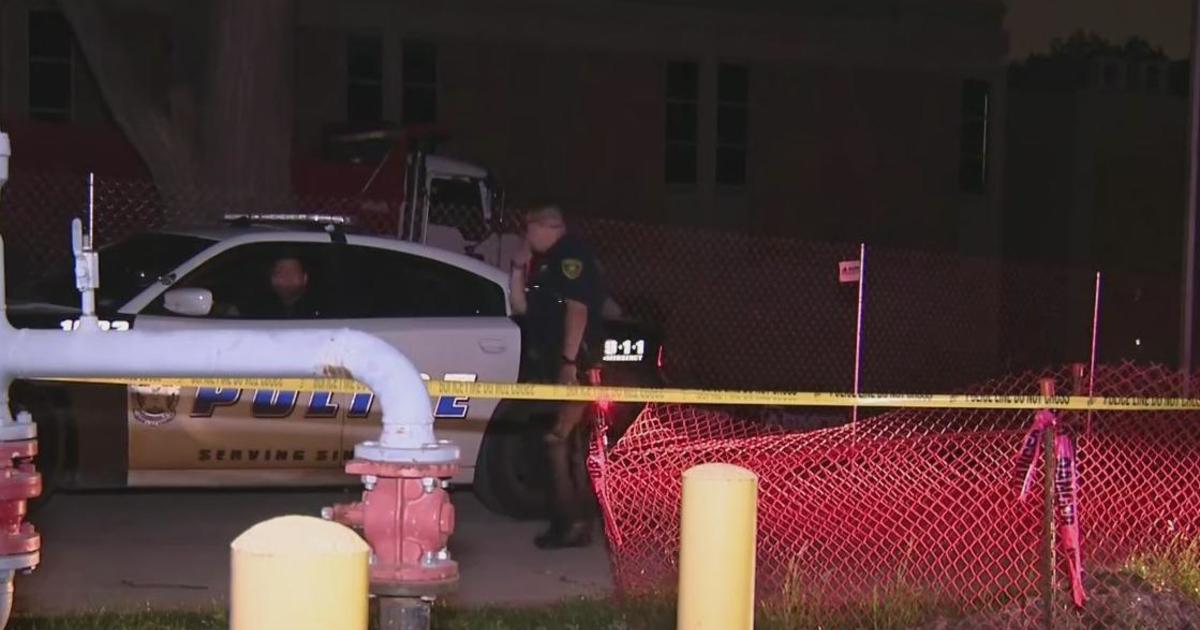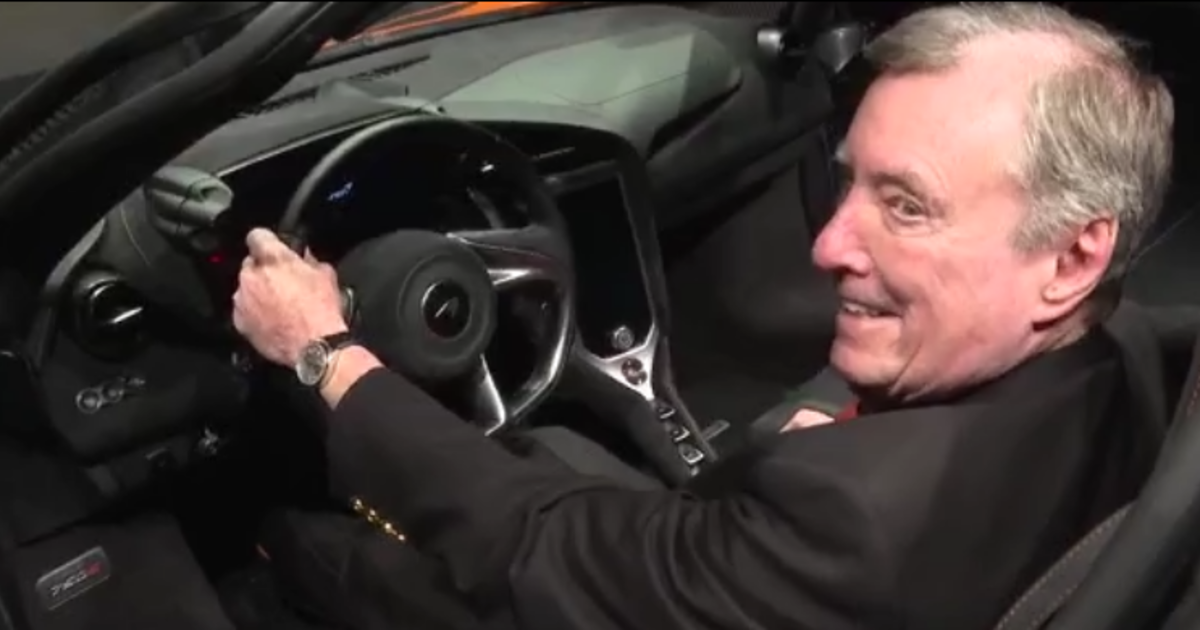Aaron Dean testifies, makes 1st public statement since fatally shooting Atatiana Jefferson
FORT WORTH, Texas (CBSDFW.COM) – Aaron Dean could only make out a silhouette of a person, not more than an arms-length from him in a dark room, separated by a window.
He didn't know if it was a man, or woman, or what race they might be.
He couldn't say if he ever saw their hands, but he testified Monday he knew he was looking right down the barrel of a gun, when he fired a single shot toward the figure, and watched them fall.
Dean's testimony from the witness stand in his murder trial was his first public statement about the 2019 shooting that killed Atatiana Jefferson.
He began crying as he recalled the shot, then again as he talked about entering the house, and seeing a child in the room with the person he shot.
"And I'm thinking, who brings a kid to a burglary? What is going on?" Dean said.
In the three hours on the stand he confirmed that he and Officer Carol Darch were both under the impression they had interrupted a burglary in progress. They never announced their presence, he said, in part not to alert any potential suspects in the house.
Later when faced with a gun, he said there was no time for any identification.
"Because we're taught to meet deadly force with deadly force," he said. "We're not taught we have to wait. Any time we have a threat of deadly force we can use deadly force to defend ourselves or someone else from that threat of deadly force."
Given a chance to explain his actions, Dean then was forced to defend them under aggressive, often confrontational questioning from assistant district attorney Dale Smith.
After asking Dean to explain each action, from where he parked, to how he walked across the street to the house on E. Allen Ave., to not calling for backup, Smith would ask Dean "Was that good police work?"
Dean repeatedly answered that it was not.
Prosecutors went back to the body camera video often as they walked Dean through the call, with the former officer eventually looking down and rubbing his eyes as it played, rather than watching the courtroom screen.
Dean's defense later brought a forensic video analyst George Fredericks to the stand. He broke down in detail the limitations of the camera Dean wore, pointing out that with blurs and distortions, it could not accurately capture or reproduce everything an officer experienced, including most communication between Dean and Darch.
Dean's team will continue its case Tuesday morning.




